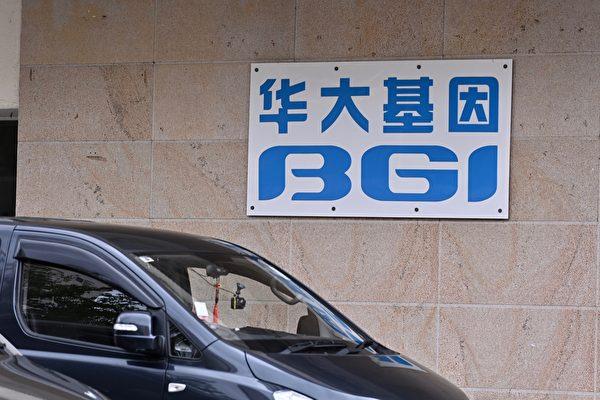The UK is “ignoring” the threat from China to Britain’s biosecurity, Sir Iain Duncan Smith said.
The former Conservative Party leader urged the government to protect Britons’ genomics data from Chinese scientists, who he says “could use it for targeted bioweapons.”





